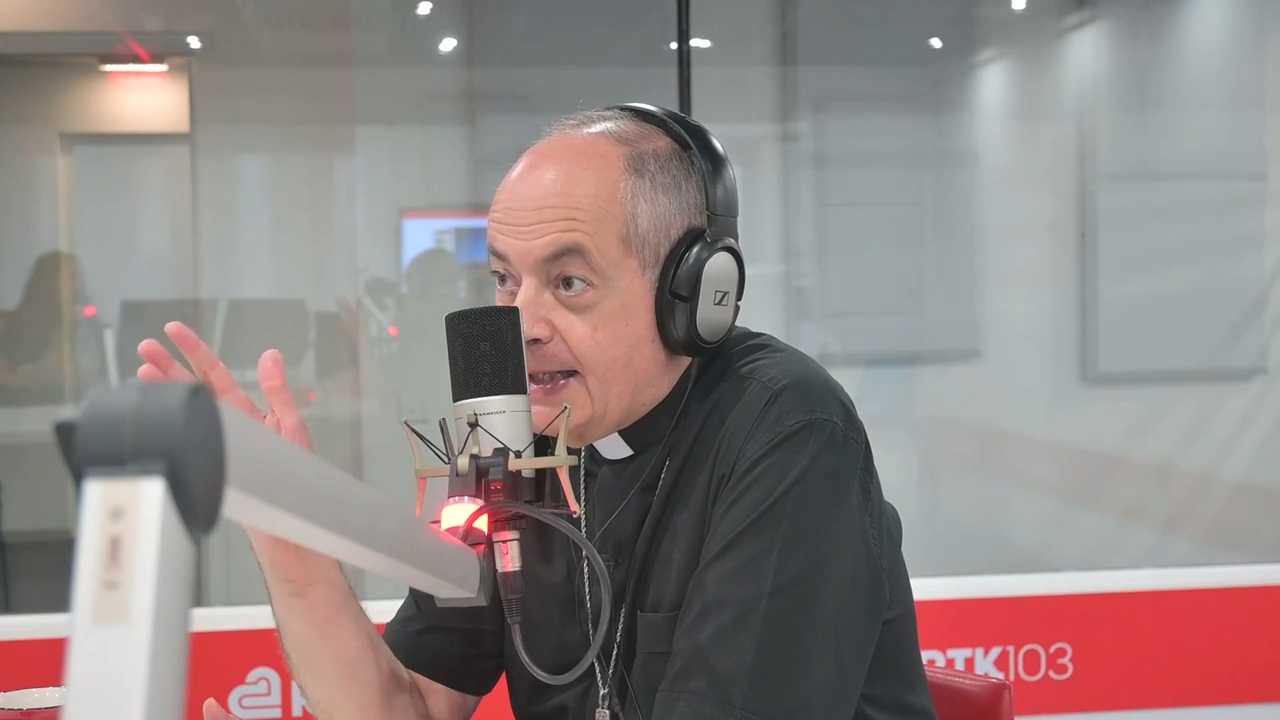Bishop Joseph Galea-Curmi has stated that when respect for one another is absent in society, it is because “there is no peace in the heart,” which leads to “sowing seeds of hatred.”
In an interview on Għal Kulħadd on RTK103, the Bishop was asked to comment on the recent attack on police officers in Hamrun. He remarked that while we often discuss conflicts and wars in other countries, we should also focus on what is happening within our own communities in Malta.
Reflecting on the growing impatience and hostility in Maltese society, especially on social media, where people are quick to insult and attack others, the Bishop emphasised the need for peace to take root in all aspects of society, starting from the smallest circles.
He explained that where peace is lacking in a person’s heart, they are more inclined to blame, insult, and harm others. “We should strive to be instruments of peace wherever we are—whether within our families, in public spaces, or even at local celebrations. It’s not necessary to use insults or obscene language to celebrate a patronal feast in a locality.”
This is not the first time Bishop Galea-Curmi has condemned such behaviour. He reiterated the importance of respect and the need to acknowledge wrongdoings. “We must recognise that what is wrong is wrong and not attempt to justify or excuse bad behaviour.”
‘Freedom, justice, and peace work together’
During the interview, a listener wrote in, suggesting that freedom should be prioritised over peace and justice. In response, the Bishop emphasised that freedom, justice, and peace are interconnected. “These values work together in synergy, and one cannot exist without the others,” he explained, referencing Pope John Paul II’s teachings on human dignity and rights as essential for achieving peace.
The social scourge of insults
Bishop Galea-Curmi highlighted the destructive impact of the culture of insults, especially on social media. He described it as a “social scourge” where individuals often post hurtful comments without considering the consequences. “Many times, people regret what they have written only after realising the harm they have caused.”
He urged people to reflect before speaking or posting online, noting that many insults stem from a heart burdened by pain or anger.
‘Without peace, there is no future’
The Bishop also underscored the importance of peace, drawing attention to Pope Francis’ focus on the theme. “We can live a good life in an environment of peace, but when we are constantly hearing about wars, we face a humanitarian threat. Without peace, people have neither a present nor a future.”
He warned that wars lead to the “terrorism of the future” by traumatising children who are left without families, highlighting the long-lasting effects of conflict.
In a broader discussion, the Bishop recalled a conference where bishops and young people from different religions explored how the younger generation can become instruments of peace amid global conflicts. He emphasised the need for societies in the Mediterranean region to meet and discuss these themes to improve the lives of future generations.
The Bishop concluded by calling for continued prayer for peace and for everyone to strive to become “instruments of peace” in their daily lives, noting that peace in the heart will lead to peace in society.
Source: Newsbook.com.mt





